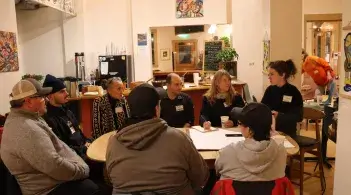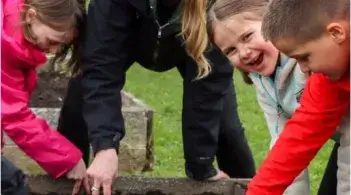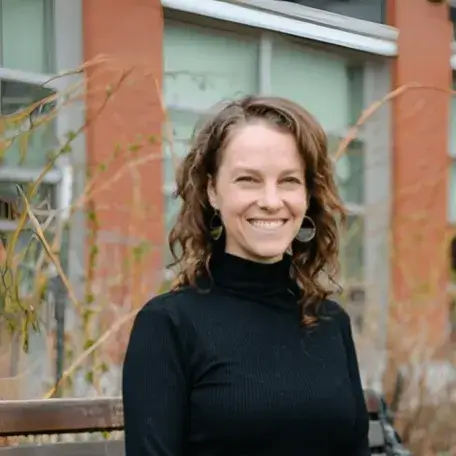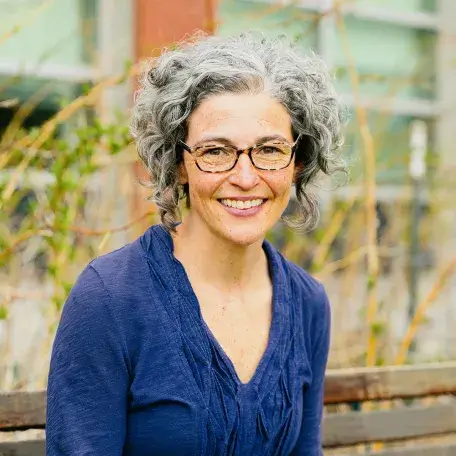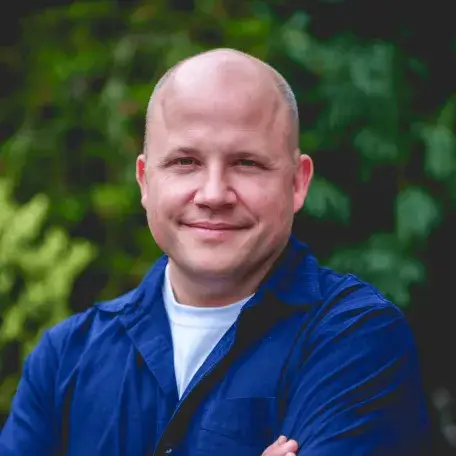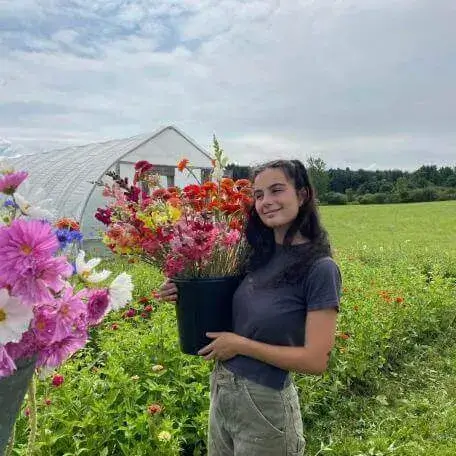The NEK is one of the most rural and under-resourced parts of Vermont. At the same time, there are powerful regional examples of community-based organizations and grassroots efforts that support communities’ capacity to address complex crises including food insecurity, housing insecurity, transportation access, social isolation, and flood recovery. In these examples, we see seeds of alternative futures that are not only possible but necessary. At the Institute for Agroecology, we also see these examples as manifestations of agroecology and just transitions. Our scope of work in the NEK aims to analyze conditions and work on the ground to identify the factors that enable or impede efforts to ensure that all people in the region have secure, dignified livelihoods. By employing a critical PAR approach, we aim to ensure that this work not only deepens understanding of regional dynamics but also materially contributes to our partners’ missions.
The Just Transitions framework emerged from U.S. labor movements seeking to support workers and communities in moving from extractive, fossil-fuel-dependent economies toward regenerative systems that sustain both social and ecological wellbeing. Over time, this framework has been taken up in food sovereignty and agroecology movements, where the focus on dignified livelihoods, equity, and resilient local economies resonates strongly. Its relevance is particularly acute in rural contexts such as Vermont’s Northeast Kingdom (NEK), where in the face of intersecting crises—from climate shocks to housing and food insecurity— communities are mobilizing local knowledge and organizing capacity to chart alternative futures.
Our work in the NEK draws on a critical participatory action research (PAR) approach to examine how agroecology and just transitions are being enacted on the ground. Collaborating with grassroots groups and community-based organizations, we investigate the enabling conditions and systemic barriers that shape efforts to ensure secure, dignified livelihoods in the region. This includes analyzing the dynamics of food access and agrarian livelihoods while also elevating examples of grassroots innovation and mutual aid that prefigure more just and sustainable systems.
By situating this work within the broader field of agroecology, we aim to contribute to both scholarship and practice on just transitions. Our goal is not only to deepen understanding of the structural challenges facing the NEK but also to generate actionable knowledge that supports community-led strategies for resilience and transformation. In doing so, we seek to produce insights that resonate beyond Vermont, offering lessons for other rural regions grappling with similar pressures while striving toward equitable and life-affirming futures.
Project Research Leads
Research Affiliate • Ph.D. Student in Transdisciplinary Leadership, Creativity and Sustainability • Gund Graduate Fellow
martha.caswell@uvm.eduResearch Associate Professor, Agriculture, Landscape, and Environment • Co-Director, Institute for Agroecology • Affiliate, Gund Institute for Environment
Colin.Anderson@uvm.edu